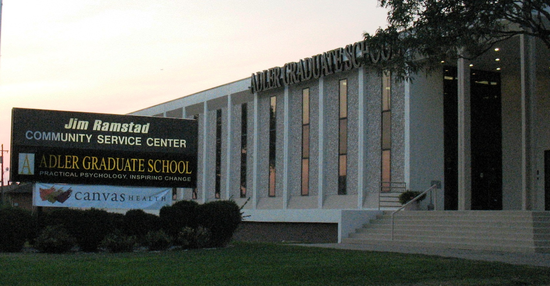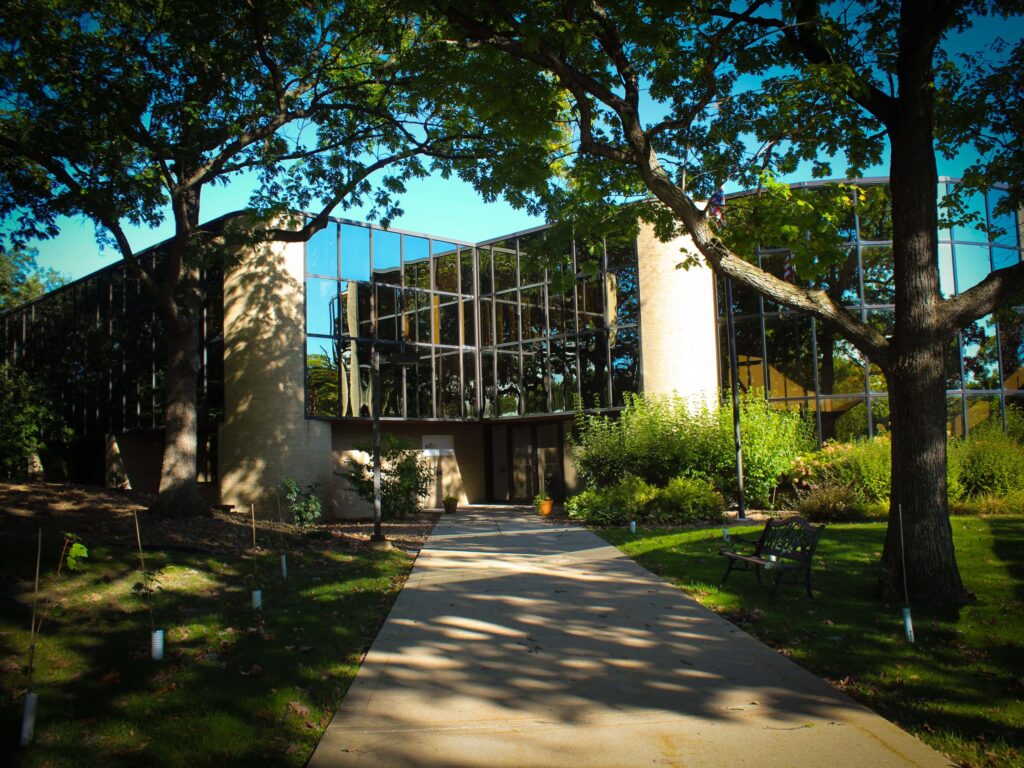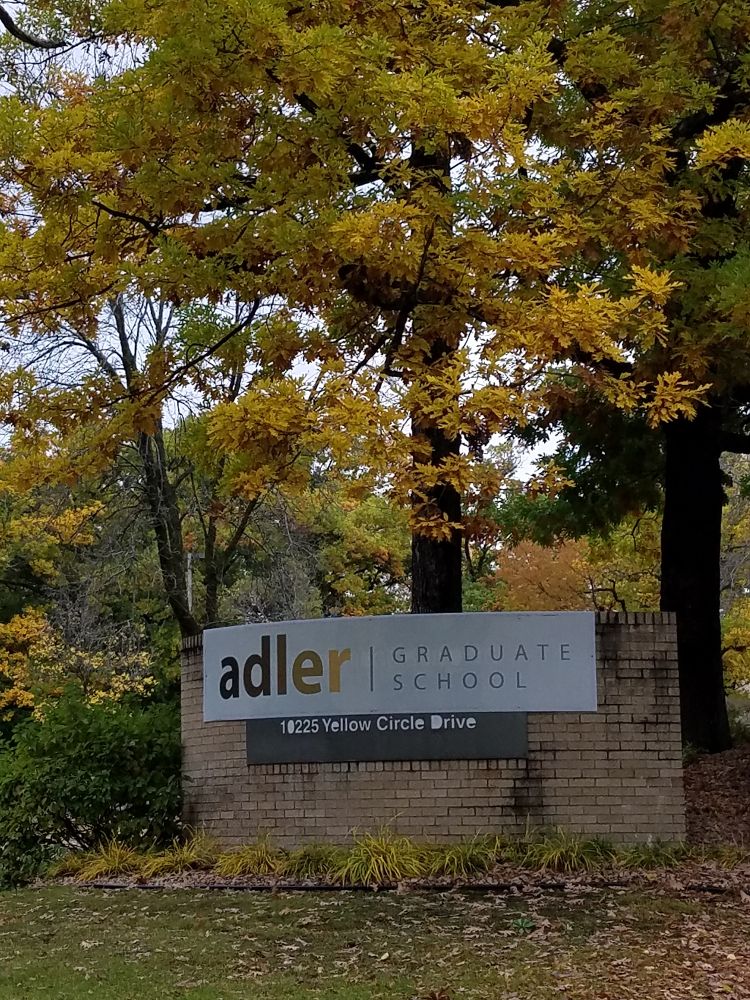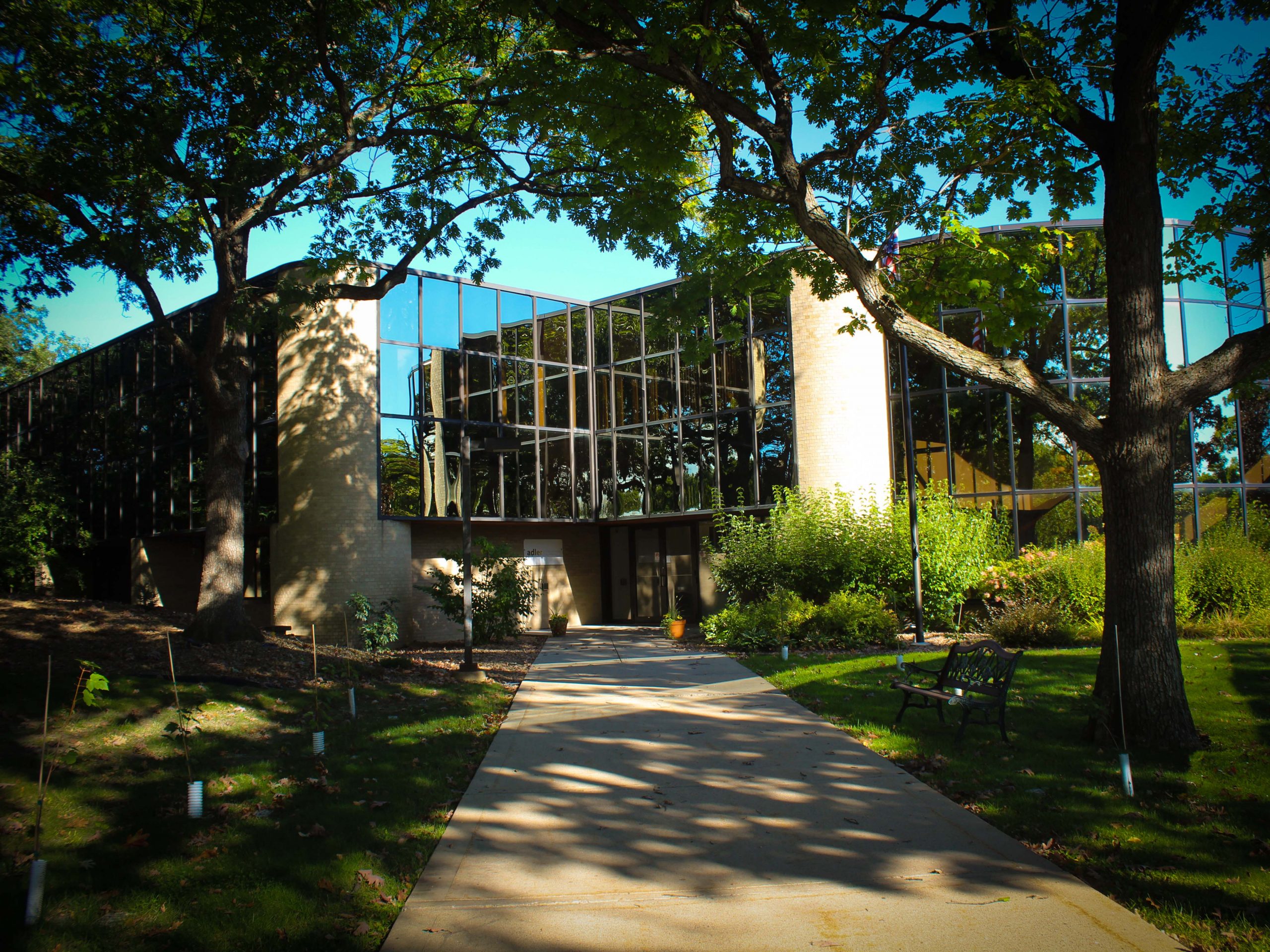Adler Graduate School: Empowering Change Through Adlerian Principles
Nestled in Minnetonka, Minnesota, Adler Graduate School (AGS) stands as a beacon for those seeking to make a meaningful impact in the fields of counseling, leadership, and human services. With a mission centered on empowering leaders and professionals who champion social justice and community action, AGS offers a distinctive educational experience grounded in the teachings of Alfred Adler, a pioneering figure in psychology. As of March 19, 2025, this private graduate institution continues to thrive, blending flexibility, accessibility, and a deep commitment to societal good into its programs. Let’s explore what makes Adler Graduate School a unique and transformative place to learn.
A Legacy Rooted in Alfred Adler’s Vision
Adler Graduate School traces its philosophical roots to Alfred Adler (1870–1937), an Austrian physician and psychotherapist who broke away from Freudian psychoanalysis to develop what is now known as Adlerian psychology, or individual psychology. Unlike Freud’s focus on internal drives, Adler emphasized the importance of social context, community, and a person’s sense of belonging. He believed that mental health stems from an individual’s ability to contribute to society—a concept he termed “social interest.” This forward-thinking approach made Adler a trailblazer in community psychology, focusing on prevention and collective well-being rather than just individual pathology.

The school itself emerged from this legacy, though it is distinct from other Adlerian institutions like Adler University in Chicago or Adler Graduate Professional School in Toronto. Founded in Minnesota, AGS has carved its own path, staying true to Adler’s principles while adapting them to modern needs. It’s a place where students aren’t just trained to be practitioners—they’re inspired to be agents of change.
Mission and Values: Social Justice at the Core
At its heart, Adler Graduate School is about more than earning a degree—it’s about equipping individuals to address real-world challenges. The school’s mission is to educate “empowered leaders, counselors, and human services professionals with a passion for social justice and community action.” This isn’t just rhetoric; it’s woven into every aspect of the institution, from its curriculum to its community engagement initiatives.
Social justice isn’t a buzzword at AGS—it’s a guiding principle. The school recognizes that mental health and societal well-being are interconnected, and its programs are designed to tackle issues like inequality, trauma, and systemic barriers. Whether students are working toward a master’s degree or an advanced certificate, they’re encouraged to think beyond the therapy room and consider how their skills can uplift entire communities.
Academic Programs: Flexible and Practical
Adler Graduate School offers a range of master’s degrees and advanced certificates, all steeped in Adlerian psychology. Its flagship program is the Master of Arts in Counseling, which is accredited by the Council for Accreditation of Counseling and Related Educational Programs (CACREP)—a mark of quality in the field. This program comes with several concentrations, allowing students to tailor their education to their interests and career goals. Options include Clinical Mental Health Counseling, Marriage, Couples, and Family Counseling, and Co-Occurring Disorders and Addiction Counseling, among others.
What sets AGS apart is its flexibility. Recognizing that many students are working professionals or have other commitments, the school offers courses online, on-campus, or in a hybrid format. Some classes are synchronous, fostering real-time interaction, while others are asynchronous, giving students the freedom to learn on their own schedule. With three start terms each year—January, April, and October—AGS ensures that education fits into busy lives rather than forcing students to fit their lives around school.
Beyond counseling, AGS offers specialized programs like the Post-Master’s Certificate in Art Therapy, which integrates creative expression into therapeutic practice. This 37-credit program combines hands-on art therapy training with Adlerian principles, preparing graduates to serve diverse populations through modalities like visual arts, music, and movement. The school also provides certificates in areas like Leadership Development and School Counseling, broadening its appeal to those outside traditional clinical roles.
Field experience is a cornerstone of AGS’s offerings. Students in licensure-prep programs complete over 700 hours of supervised practicum and internship work, ensuring they graduate with practical, real-world skills. Whether it’s counseling clients in urban Minnesota or supporting rural communities across the country, AGS students hit the ground running.

The Adlerian Approach in Action
What makes AGS truly unique is its unwavering commitment to Adlerian psychology. While many graduate programs draw from a variety of theoretical frameworks, AGS doubles down on Adler’s ideas, weaving them into every course and interaction. At its core, Adlerian psychology posits that humans are inherently social beings, driven by a need to belong and contribute. Mental health, in this view, isn’t just about resolving inner conflicts—it’s about fostering cooperation, collaboration, and a sense of purpose within a community.
In practice, this means AGS students learn to look at the bigger picture. A counselor trained at AGS might help a client overcome anxiety not just by addressing symptoms, but by exploring how that client connects to their family, workplace, or neighborhood. It’s a holistic approach that resonates in today’s interconnected world, where individual struggles often reflect broader societal issues.
This philosophy also shapes the school’s emphasis on experiential learning. Through internships, community service projects, and partnerships like the Jim Ramstad Community Service Center, students apply their skills in real time. For example, AGS has collaborated with the Minnesota Department of Public Safety to train mental health professionals in supporting law enforcement personnel and their families—a testament to its commitment to addressing niche community needs.
A Supportive, Inclusive Community
Adler Graduate School prides itself on its close-knit, supportive environment. With a small graduate student body—around 297 as of recent counts—it’s a place where students know their professors and peers personally, even in virtual settings. Faculty bring years of real-world experience to the classroom, acting as mentors who guide students through both academic and professional challenges.
The school’s culture is intentionally inclusive, designed to foster personal transformation alongside career growth. The Adlerian Students in Action (ASA) group, created by and for students, exemplifies this spirit. It provides a space for professional development, networking, and community engagement, ensuring that students feel connected and empowered throughout their journey.
Affordability is another key pillar. AGS strives to keep tuition accessible, with many students qualifying for scholarships or federal loans. OnlineU has recognized the school for its affordability, a rare accolade in the world of graduate education. Most students continue working full-time while studying, a testament to the program’s practical design.
Accreditation and Recognition
Adler Graduate School is accredited by the Higher Learning Commission, ensuring its academic rigor meets national standards. Its counseling programs hold CACREP accreditation, a gold standard that enhances graduates’ credibility and licensure prospects. The Art Therapy program is accredited by the Commission on Accreditation of Allied Health Education Programs (CAAHEP), further solidifying AGS’s reputation in specialized fields.
These accreditations matter—not just for the school’s prestige, but for the doors they open for graduates. Whether pursuing licensure as a clinical mental health counselor or a career in art therapy, AGS alumni are well-positioned to succeed.
Challenges and Critiques
No institution is without its challenges, and AGS is no exception. Some students have voiced concerns about limited course scheduling options, particularly for evening classes, which can complicate planning for those with rigid work schedules. The 10-week term structure, while efficient, can feel intense, especially when paired with practicum requirements. Others have noted that the field experience coordinator’s support varies, particularly for students seeking internships outside Minnesota.
These critiques, however, are balanced by overwhelmingly positive feedback about the faculty’s dedication and the program’s transformative impact. For every challenge, AGS seems to counter with a solution—whether it’s expanding online offerings or refining student support services.
Looking Ahead: A Vision for Impact
As Adler Graduate School moves forward in 2025 and beyond, its focus remains clear: preparing professionals who can address today’s complex social issues with compassion and skill. In a world grappling with mental health crises, systemic inequities, and fractured communities, the Adlerian emphasis on social interest feels more relevant than ever.

For prospective students, AGS offers a chance to not just earn a degree, but to join a movement. It’s a place where education transcends the classroom, spilling into the lives of clients, families, and communities. Whether you’re drawn to counseling, art therapy, or leadership, Adler Graduate School invites you to step into a legacy of change—one rooted in the belief that we’re all better when we lift each other up.
